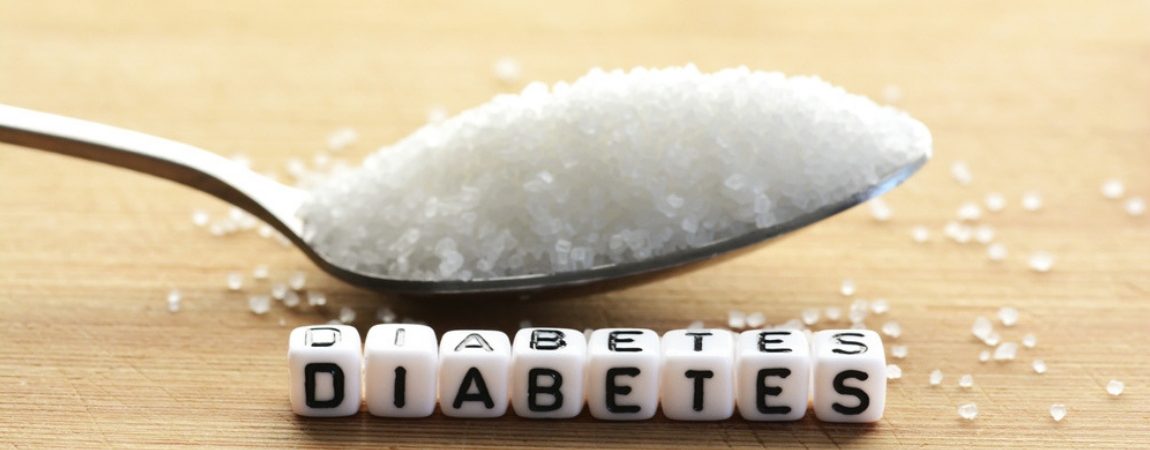Blood Sugar/Glucose Metabolism
Article Categories
-
Although some regions are still in the icy grips of winter, the days are slowly getting longer, signaling the start of a bright new season. Traditionally, spring is a time of new beginnings. Whether you are going strong on your New Year's resolutions or adjusting your habits for other reasons this season, a spring detox can help you shed unwanted...
-
If you don't have diabetes, you likely know someone who does have it -- and you may even be at risk of developing the condition later in life. This is because diabetes is serious health concern that has become more common with the passage of time. When the Center for Disease Control started tracking the illness in 1958, they found...
-
Diabetes is a serious disease that affects the body's ability to properly handle glucose, or sugar, in the blood. In type 1 diabetes, the body is unable to produce any insulin -- the hormone responsible for ushering sugar from the blood into the cells where it can be used for energy. In type 2 diabetes, the body can make insulin...
-
Glucose, or sugar, is the body's primary source of fuel. Insulin is responsible for moving this sugar into your cells so it can be used as energy. Not only do people with type 2 diabetes have a limited ability to process glucose, they also often exhibit a resistance to insulin, exacerbating the problem and contributing to uncontrolled higher-than-normal blood sugar levels. Alternatively...
-
In the past year, scientists have examined how exercise alone has the power to alter the bacterial balance of the gut. Now, a group of researchers taking a poke at further unpacking the mechanisms behind how exercise affects gut bacteria have focused their research efforts on endurance exercise in particular. According to a new study, irrespective of changes to one’s...
-
Confused about the difference between probiotics and prebiotics and how they work together? Here, we will take a brief look at what probiotics and prebiotics are, break down the differences between these important digestive helpers and learn how increasing the prebiotics in your diet not only improves digestion but also supports immune function, promotes sleep, lowers stress and provides many...
-
With old research under fire and new research turning up previously unknown vitamin D benefits, the “sunshine vitamin,” has been an increasingly hot topic among the research community. As the summer draws to a close and the days begin to once again shorten, it’s a good time to take a look back at some of this year’s vitamin D research highlights and...
-
Thanks to increased research attention in recent years, we are beginning to form a better understanding of how vitamin D — an essential nutrient long associated with bone health — impacts not only our musculoskeletal system but also other critical aspects of our health. Naturally produced by our skin when exposed to sunlight, vitamin D is also present in food sources...
-
Previous research has demonstrated that deficient levels of vitamin D may increase the risk of developing diabetes. The most recent study on the subject, which was published in the scientific journal PLOS ONE, offers support for this significant connection between vitamin D and diabetes. Vitamin D Deficiency Poses a Greater Risk of Developing Diabetes In a recent study carried out by a team...
-
Breakfast is often regarded as the most important meal of the day. As famed nutritionist Adelle Davis said, “breakfast gets the day’s work done.” New research on meal size and weight loss gives credence to this conventional wisdom by showing that eating a larger, high-energy breakfast aids weight loss and blood glucose control when compared to having our largest meals...












